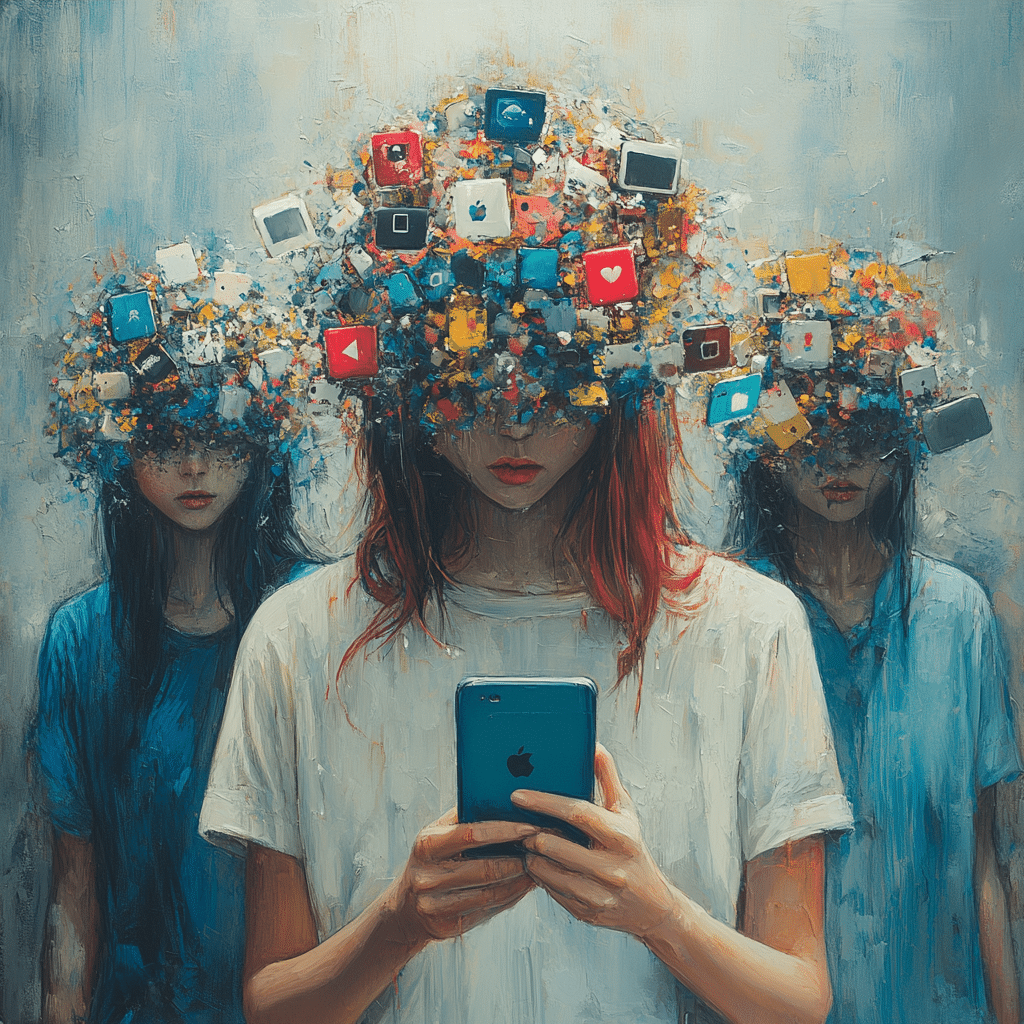As parents today, we face an unprecedented challenge—social media addiction. This behavioral addiction doesn’t just eat away at attention spans; it digs deep into the mental health of our loved ones and complicates the relationships we cherish most. Picture your child scrolling through their feed late into the night, desperately seeking likes and validation while the world outside fades into oblivion. Social media addiction can impact everyday lives in ways we may not fully understand, mirroring the devastating effects of substance abuse.
Here at Mothers Against Addiction, we recognize the profound pain and frustration that comes with watching a child navigate the treacherous waters of social media addiction. Just as with traditional addictions, this issue encompasses the potential for life-altering consequences. Let’s delve into what social media addiction is, the warning signs we should look out for, and what we as parents can do to help.
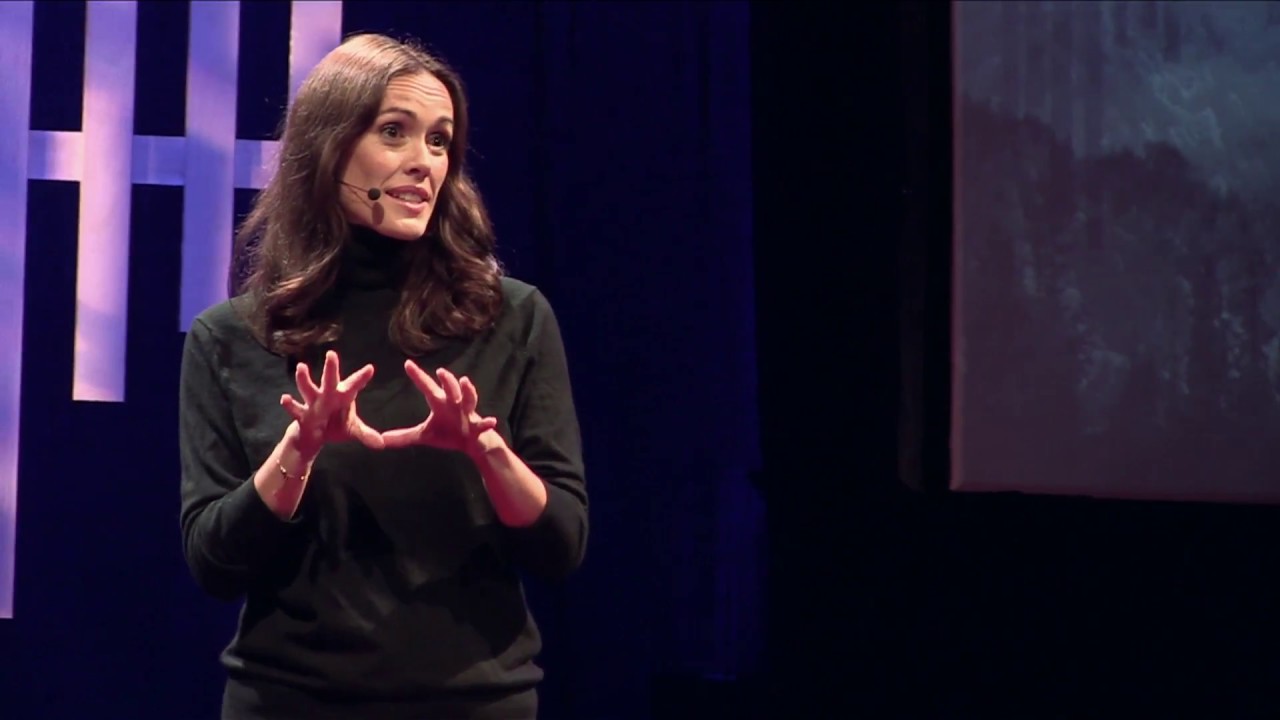
1. What Is Social Media Addiction?
Simply put, social media addiction refers to an unhealthy obsession with social media platforms. Individuals engulfed in this addiction find themselves constantly checking notifications, feeling anxious if they can’t access their accounts. It’s important to note that although social media addiction isn’t officially classified as a mental health disorder, it operates on similar psychological premises associated with substance dependence.
The compulsive need to engage with these platforms can lead to a roller coaster of emotions—happiness when receiving likes, depression over perceived slights, and an overwhelming need to connect, all of which show just how powerful social media’s grip can be. Given the staggering rise of smartphone usage and social platforms, parents must remain aware of how digital lives can spill over into reality.
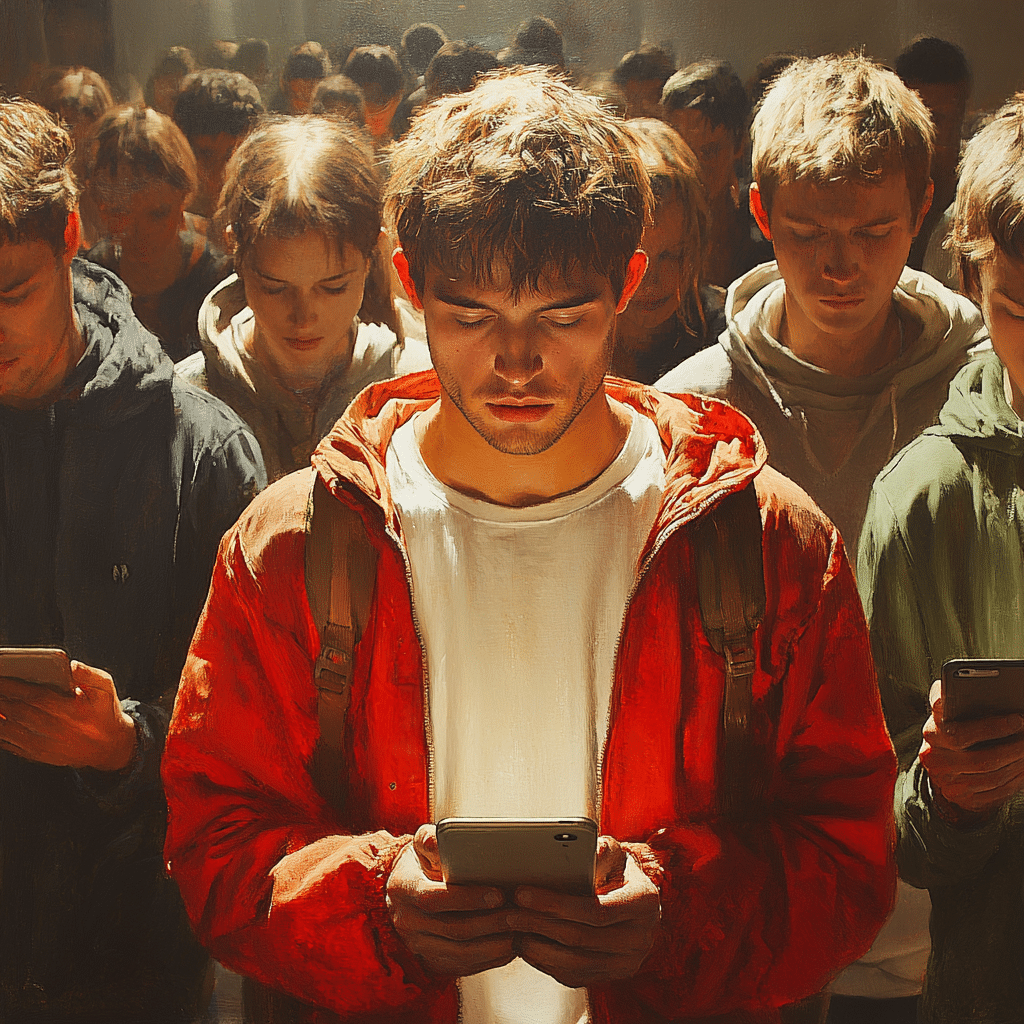
2. The Top 7 Warning Signs of Social Media Addiction
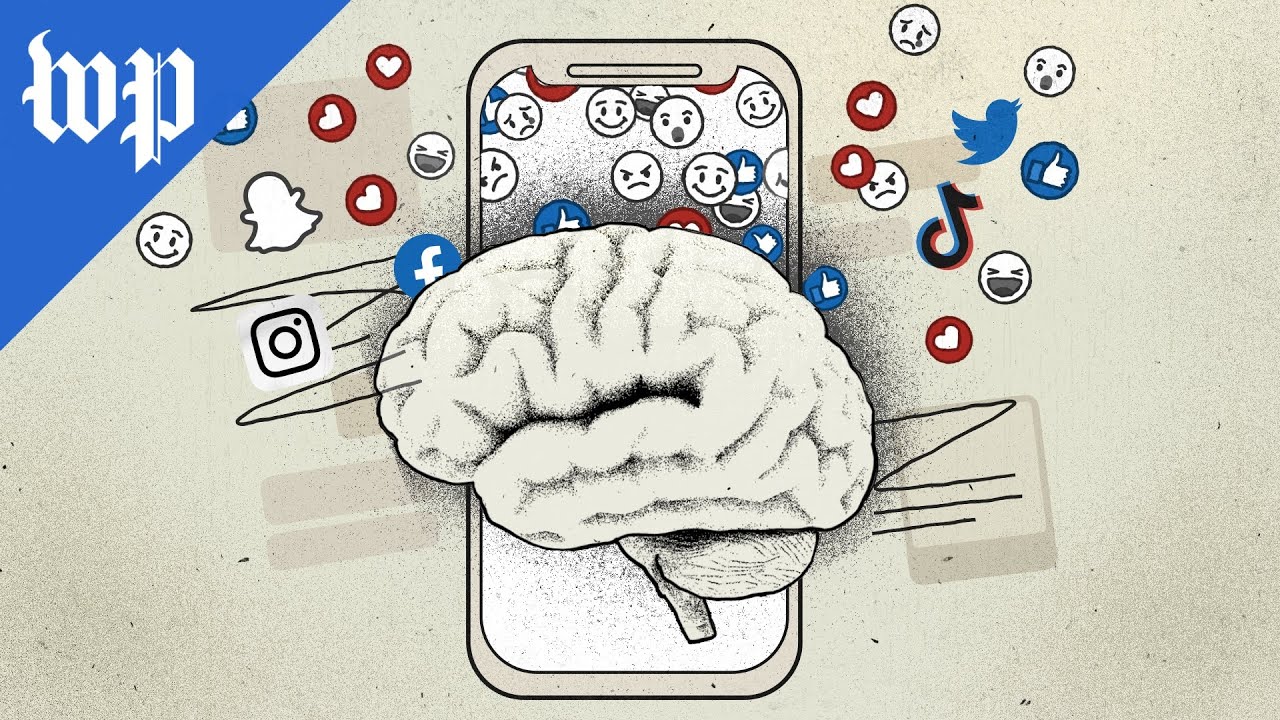
3. The Psychological Mechanisms Behind Social Media Addiction
Let’s consider the science: social media stimulates the brain in a way that’s akin to drug addiction. Every notification triggers a dopamine release, creating a cycle of reward that keeps users coming back for more. Add in social comparison theory—where constant exposure to curated online experiences leads to feelings of inadequacy—and you have a recipe for a dependency that’s tough to break.
It’s no wonder that psychologists and other experts from Silicon Valley have raised alarms. They liken the impact of social media to that of substance abuse, resulting in anxiety, dependence, and irritability. Since many young minds are still developing, they are particularly vulnerable to these psychological threats.
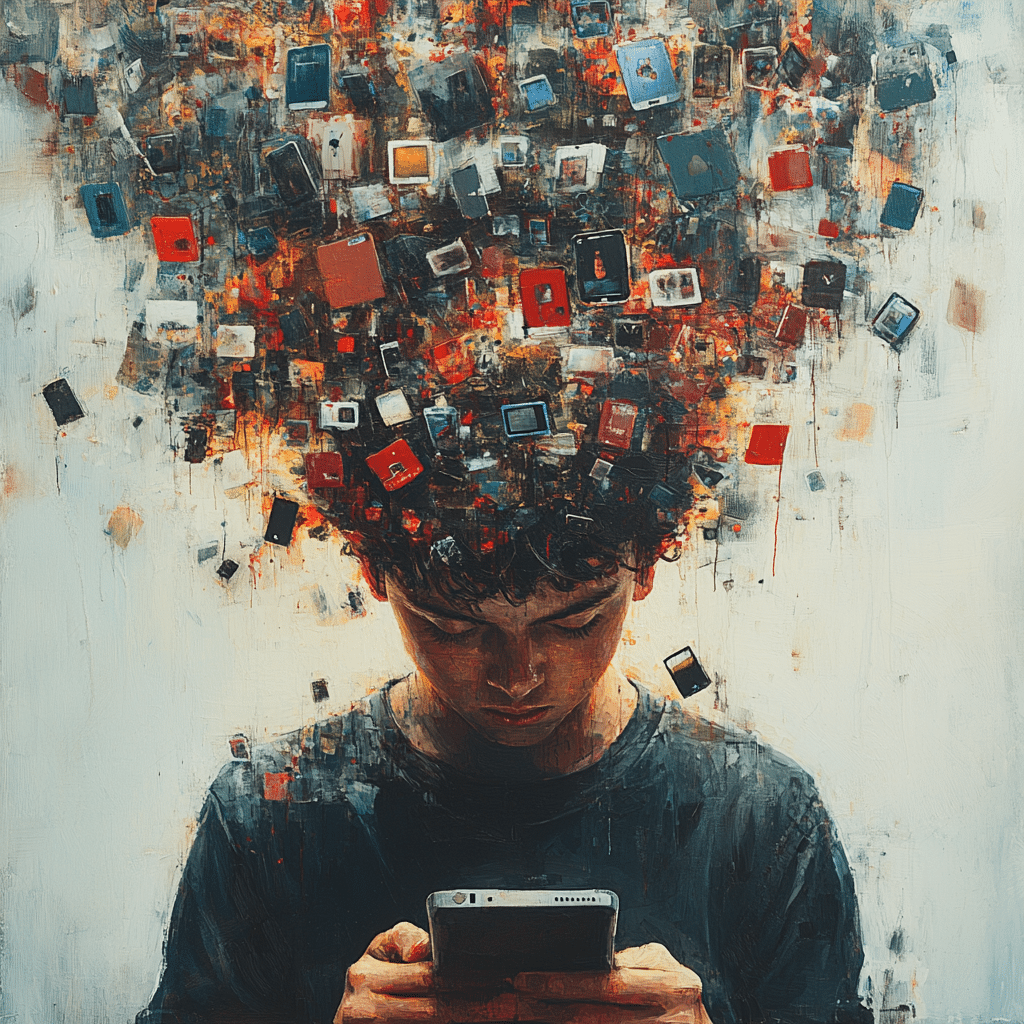
4. The Societal Ramifications of Social Media Addiction
Social media addiction doesn’t only affect the individual; it bears societal consequences too. Increased social isolation, decline in face-to-face interactions, and rising mental health issues like anxiety and depression permeate our communities. According to a study published in JAMA Network Open, there’s a noticeable correlation between excessive social media use and heightened depressive symptoms among adolescents.
With about 10% of Americans struggling with social media addiction—approximately 33.19 million individuals based on 2021 census data—it’s clear we’re in the midst of a social media crisis. This is also where we come in; we aim to support families grappling with these tough situations, offering tools and insight to help navigate this digital landscape.
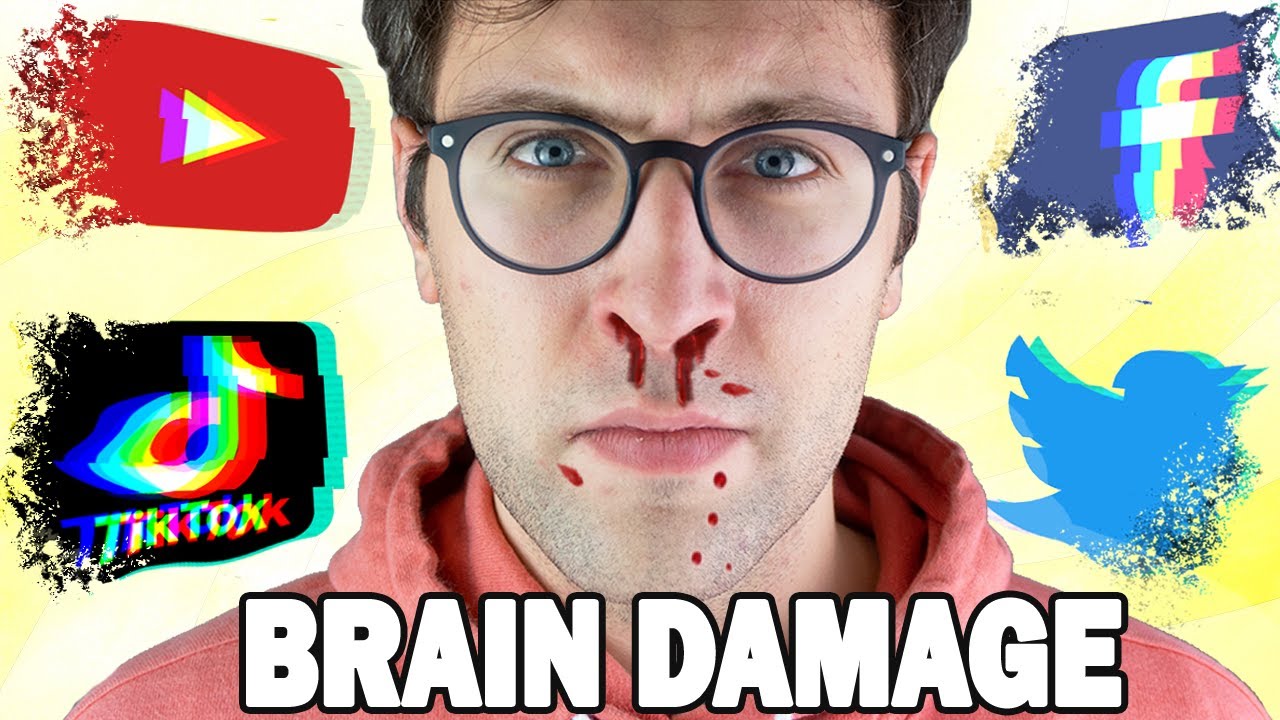
5. Strategies for Mitigating Social Media Addiction
Here are some concrete steps we can take as parents to help confront social media addiction:
6. The Future of Social Media Consumption
As new platforms emerge and existing ones introduce features like TikTok’s short video formats, we see a continuous shift in social media dynamics. The 2024 report from the World Health Organization suggests these changes will require adaptive strategies to combat social media addiction, with an emphasis on education that guides responsible consumption of digital media.
We can’t overlook social media addiction’s complex nature. It requires a collective approach to combat its reach, and that means fostering authentic connections both online and offline. Our communities must stick together as we prioritize mental wellness.
Innovative Wrap-Up
Ultimately, social media addiction is a dynamic issue—one that can grip minds and wreck lives. As dedicated parents, we have the chance to model balanced media consumption and encourage conversations about healthy technology use. Each of us can contribute to our children’s resilience in facing these digital pressures.
For more resources on tackling technology addiction, including how we can help your family through these challenges, visit Mothers Against addiction today. Together, we can work on a comprehensive approach to addressing social media addiction, ensuring that our children can build a life full of connections that matter, both online and off.
Social Media Addiction: Fun Trivia and Interesting Facts
The Grip of Social Media Addiction
Did you know that nearly 70% of adults in the U.S. use social media? It’s mind-boggling! This prevalent behavior can lead to social media addiction, where individuals find themselves scrolling endlessly, often at the expense of their daily lives. With everything from sharing funny cat videos to complex debates about national mortgage rates, it’s easy to get lost in an online vortex. Speaking of engaging content, even professional speakers recognize how crucial it is to communicate effectively, with insights that reflect the issues we’re facing today.
The effects of social media addiction often mimic those of video game addiction, causing similar dopamine spikes and withdrawal symptoms when users can’t access their favorite platforms. It’s fascinating to watch this overlap. Given the comparisons, this issue deserves as much attention as Internet addiction disorder, which shares many traits with compulsive social media use. Both create a cycle where users seek constant validation through likes, comments, and shares.
The Unique Impact on Users
The impact of social media addiction can’t be emphasized enough, particularly regarding mental health. The constant barrage of curated images, like those featuring Women in Bikinis, can distort self-image and instill unrealistic standards. Interestingly, this phenomenon extends to romantic relationships, as people may often retreat into these digital interactions instead of seeking genuine connections. Remember those high school days reflected in shows like Tonikawa: Over the Moon for You? They were all about forging real friendships, yet today’s youth often substitute meaningful engagement for virtual validation.
Ultimately, this addiction can interfere with daily responsibilities, affecting everything from schoolwork to family interactions. As this issue grows, it becomes vital to raise awareness and encourage open conversations. Knowing the facts is the first step in tackling social media addiction. So let’s break the cycle together and empower ourselves and our loved ones to reclaim our time and focus on what truly matters!
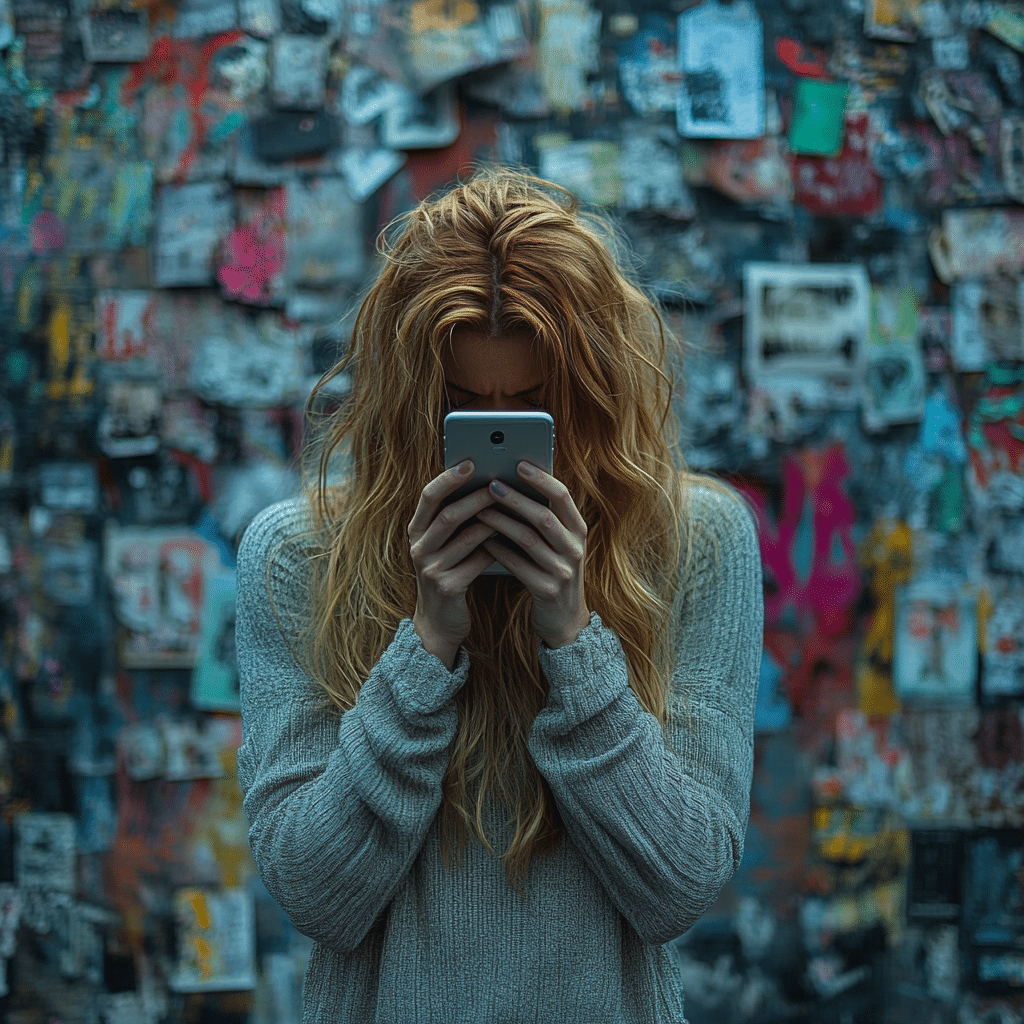
How can social media cause an addiction?
Social media can cause addiction because it triggers a release of dopamine in the brain, similar to other addictive behaviors. This “feel-good” chemical keeps users coming back for more, making them feel good whenever they scroll through their feeds or engage with posts, which can lead to compulsive use.
What is an example of social media addiction?
An example of social media addiction might be someone who feels the need to check their accounts every few minutes, even during work meetings or family gatherings, unable to focus on anything else while constantly preoccupied with their online presence.
What are the effects of social media addiction?
The effects of social media addiction can be pretty serious, including anxiety, irritability when not online, dependence on likes and comments for self-esteem, and a lack of self-control. This can strain relationships and lead to feelings of loneliness or isolation, even when users are connected virtually.
How many hours on social media is considered addiction?
Experts suggest that spending over three hours a day on social media qualifies as “heavy use,” which can indicate a potential problem. While there’s no set number to define addiction, that mark raises a red flag for many professionals.
What does social media do to your brain?
Social media affects the brain by triggering dopamine spikes in response to likes, shares, and comments, creating a cycle of reward-seeking behavior. This can lead to habitual checking and an overwhelming focus on online feedback.
Why is TikTok so addictive?
TikTok’s addictive nature comes from its short, entertaining videos that cater to rapid consumption, instantly engaging users. The algorithm’s ability to precisely tailor content to individual preferences keeps people scrolling for hours without realizing it.
What is the root cause of social media addiction?
The root cause of social media addiction often lies in seeking validation and connection, coupled with the quick rewards provided by notifications and engagement, which can become a habitual way to boost mood and escape from real-life stressors.
Why is social media bad for mental health?
Social media can be detrimental to mental health by fueling anxiety and depression, especially through constant social comparison and the fear of missing out (FOMO), leading people to feel inadequate or disconnected from others.
How to detox from social media?
To detox from social media, start by setting limits on usage, unfollowing distracting accounts, or even taking a break entirely. Gradually reducing your time online can help you rediscover real-life connections and activities.
What are 10 disadvantages of social media?
Some disadvantages of social media include decreased face-to-face communication skills, increased feelings of loneliness, exposure to cyberbullying, distorted self-image through comparison, addiction-like behavior, sleep disruption from late-night scrolling, and the spread of misinformation.
Is social media affecting relationships?
Social media can impact relationships by creating misunderstandings, jealousy, and not spending enough quality time together. Online interactions often replace meaningful in-person connections, leading to emotional distance.
Who does social media addiction affect the most?
Social media addiction affects people of all ages, but younger generations tend to show higher levels of dependency due to their upbringing in a tech-savvy environment and greater exposure to constant online interactions.
Which gender is more addicted to social media?
Current trends indicate that women are often found to be more addicted to social media platforms than men, primarily due to differing social behaviors and engagement patterns on these platforms.
How long is the social media detox?
The length of a social media detox can vary, but many find that even a week away can help reset habits and attitudes. Even short breaks can bring clarity on the relationship with technology.
Which social media is the most addictive?
Platforms like TikTok and Instagram are considered the most addictive, due to their captivating formats and algorithms designed to keep users engaged longer by providing an endless scroll of personalized content.
What are the harmful effects of social media?
Harmful effects of social media include increased anxiety, poor sleep, diminished attention spans, body image issues, and the spread of false information, which can severely affect overall mental well-being.
Who does social media addiction affect the most?
Social media addiction affects everyone but is particularly prevalent in younger individuals, who often spend significant amounts of time online and are more sensitive to social validation from peers.
Why is the internet so addictive?
The internet is addictive due to its ability to provide instant gratification, a wealth of information, and constant opportunities for connection or entertainment, making it very hard to step away once someone starts browsing.
How does social media addiction affect mental health?
Social media addiction can negatively impact mental health by causing disruptions in sleep, fostering feelings of isolation, and increasing anxiety levels through constant comparison and a need for approval from others.

